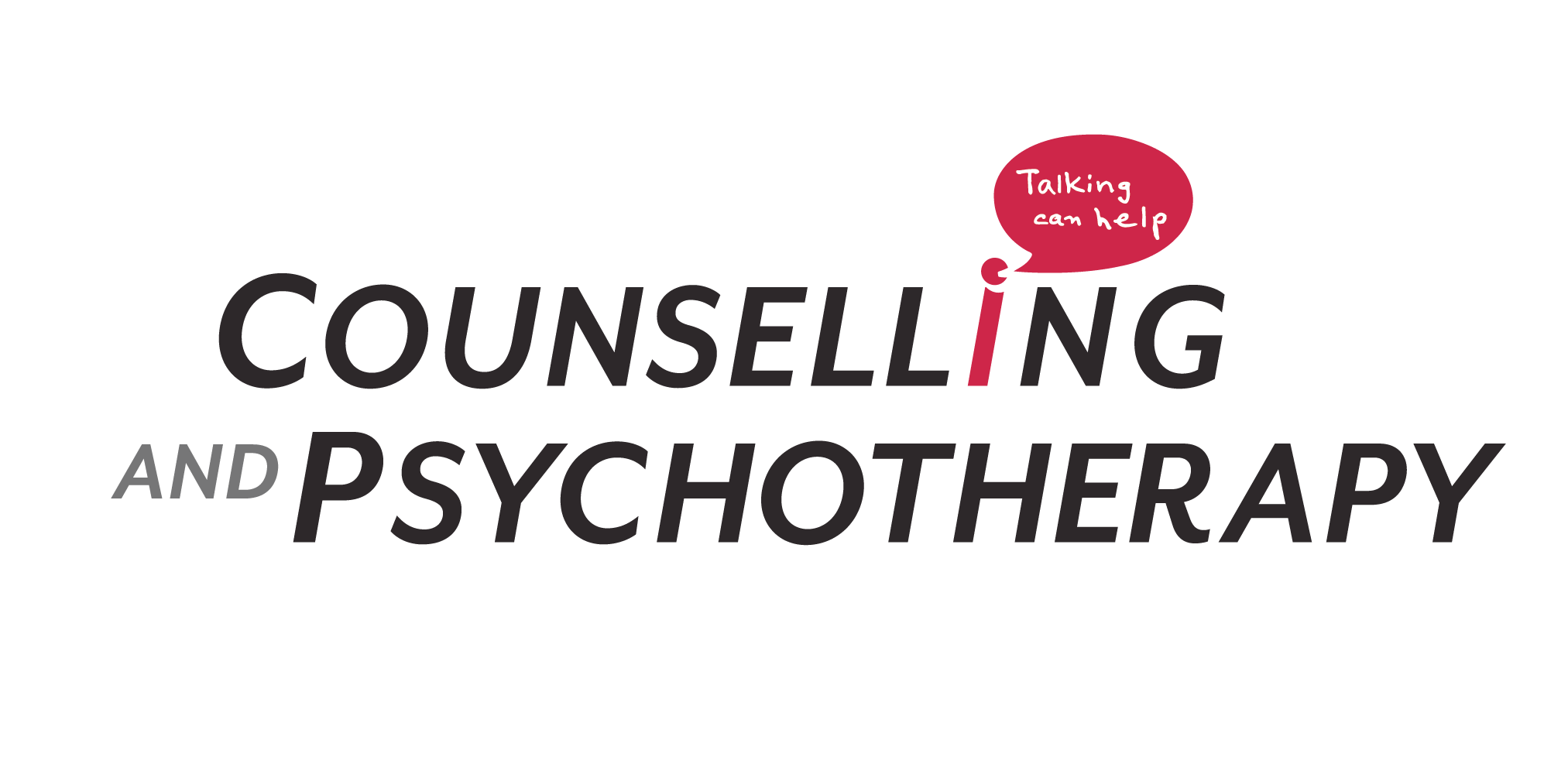The Experience
1 in 5 Canadians live with a mental health problem or illness. 4,000 Canadians die each year from suicide. 500,000 Canadian employees miss work each week due to mental health issues. The #talkingcanhelp campaign is designed to help Canadians understand that mental health care is more accessible than they think.
We interviewed a psychologist, a social worker, a counsellor and a psychotherapist about addiction, anxiety and depression to emphasize that talking to a competent mental health care provider is an important step in receiving help for a mental health problem or illness.
From the videos below, can you determine which mental health professional they are based on the proposed care plans?
The Results
addiction
All mental health professionals interviewed treat addiction by:
Using a team approach.
Assessing the extent of the addiction and what changes the individual wants to make. Recovery can look a variety of ways based on what the individual wants.
Suggesting different treatment options and collaborating with the individual.
Making a plan together, and supporting the individual throughout the entire process.
Ensuring the individual has a support system and ongoing check-ins. Addiction doesn’t occur in isolation.
Anxiety
All mental health professionals interviewed treat anxiety by:
Creating an understanding that anxiety is an important and necessary part of survival. Without a degree of anxiety, we would never get anything done.
Helping the individual lessen their anxiety by listening to it, and learning to identify stressors.
Using a collaborative approach with the individual’s medical professional, if medication is needed.
Creating a treatment plan to help manage symptoms.
Depression
All mental health professionals interviewed treat depression by:
Creating an understanding that depression looks different for everyone.
Assessing the way depression is impacting the individual’s life.
Working with the individual to help them do the things they’re finding difficult to do in order to alleviate symptoms. Medication might be necessary in the treatment for some individuals.
Creating skills and coping strategies for the individual to learn how to deal with everyday life stressors, and to recognize when symptoms are coming on.
#TalkingCanHelp with any mental health professional.
Share the videos above if you or someone you know is experiencing mental health ISSUEs or struggling with a mental illness.
In Canada, counselling is the most prevalent but least likely fulfilled mental health care need. Counsellors and psychotherapists are in a position to assist in reversing this trend, and provide one of the most cost-effective mental health services available. Some even offer e-mental health or virtual care across Canada, meaning their services are available anywhere, at anytime.
What does your health care plan cover? Ask your employer about adding qualified psychotherapists, counsellors, social workers, and psychologists to your health plan, if they aren’t already included.
To find a Canadian Certified Counsellor in your region visit our site.

